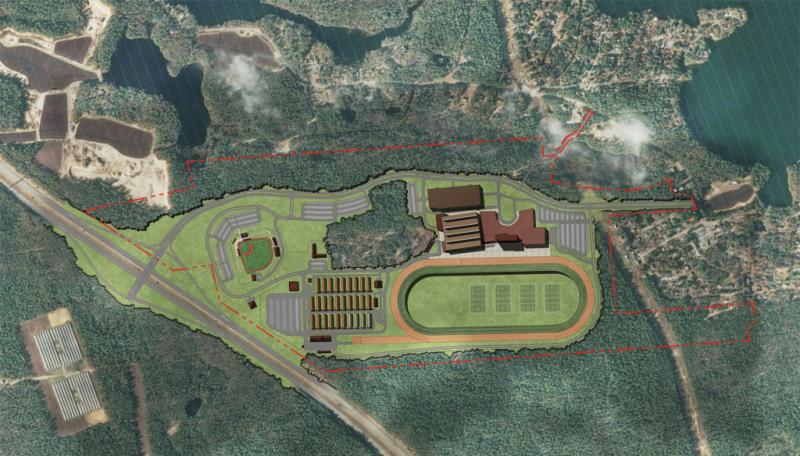Casino plans stall, legislation in limbo
Six months after it was first announced, the proposed Wareham Park racetrack and casino has made little progress toward construction.
The legislation that could allow it to exist, proposed by Rep. Susan Gifford, has stalled in the Joint Committee on Economic Development and Emerging Technologies.
The bill would grant the Gaming Commission the authority to offer a slots-only license for the South Coast and Cape Cod Region, rather than the full-scale resort casino license currently available.
The bill was taken up by the committee in October, and will be reported on at the end of February, following a delay asked for by the committee.
Meanwhile, the Mashpee Wampanoag tribe is fighting several legal battles which will affect the tribe’s ability to build a resort casino in Taunton, which would make the Wareham project impossible under current casino laws. The tribe is attempting to regain sovereignty and control over tribal lands.
If Gifford’s bill doesn’t pass, the Wareham project would seem to be dead in the water.
Massachusetts law allows for three casinos in the state, one in each of three regions. The other two regions already have casinos: Encore Boston Harbor in Everett, which opened on June 23, and the MGM Springfield in Springfield.
The state’s Expanded Gaming Act also created one license for a slots-only facility with no table games. That license is held by Plainridge Park Casino in Plainville.
Because Notos Group, the developers of the proposed project, do not want to include table games and are looking to spend only $300 million, the law must be changed if the project is to go forward.
Gifford’s bill could allow for the project to get a license, but it would be up to the Gaming Commission, if the bill is passed, to determine whether it will offer the smaller license.
If the Gaming Commission was given the authority to offer a smaller license for the region, the Wareham Park Project would then compete against other proposals.
Should Wareham Park be awarded the license, there would still be several necessary steps for approval at the town level.
Town officials and the developer would need to negotiate a Host Community Agreement, which allows the town to set conditions, charge a community impact fee, and clarify the responsibilities of the town and developer.
Only after the agreement is signed may the town hold a referendum vote, which gives voters a chance to approve or deny the license. The vote would be via ballot, and the measure would need to pass with a majority vote.
Town meeting voters would also weigh in on the project. Because the land would need to be rezoned, two-thirds of voters would need to approve the zoning change.
The proposal received support from some local officials, including Town Administrator Derek Sullivan, who testified in favor of Gifford’s bill in October.
“A project such as the proposed Category 2 gaming facility could be transformational for Wareham’s economy and provide a much-needed boost to the local jobs market,” Sullivan said. “I ask this committee to take favorable action on this bill and allow us to compete for success.”
State Senator Pacheco fiercely opposed the project.
“We’re now having legislation filed to go way beyond what our collective vision was about three destination-based casinos, and I don’t want to see Southeastern Massachusetts, Region C, treated differently than the other regions,” Pacheco said. “I think this legislation actually corrupts the process — and legislation like it corrupts the process — until we have completed the vision that we had for the Commonwealth.”
The project would be located on a 275-acre parcel of land on Glen Charlie Road in East Wareham, which abuts Route 25.
Wareham Park would include a permanent one-mile track for thoroughbred racing, a gaming and entertainment facility that would include electronic gaming, restaurants, and entertainment venues, a hotel, a new ballpark for the Wareham Gatemen, and a sports field complex. For more information about the proposal, go to www.warehampark.com.














